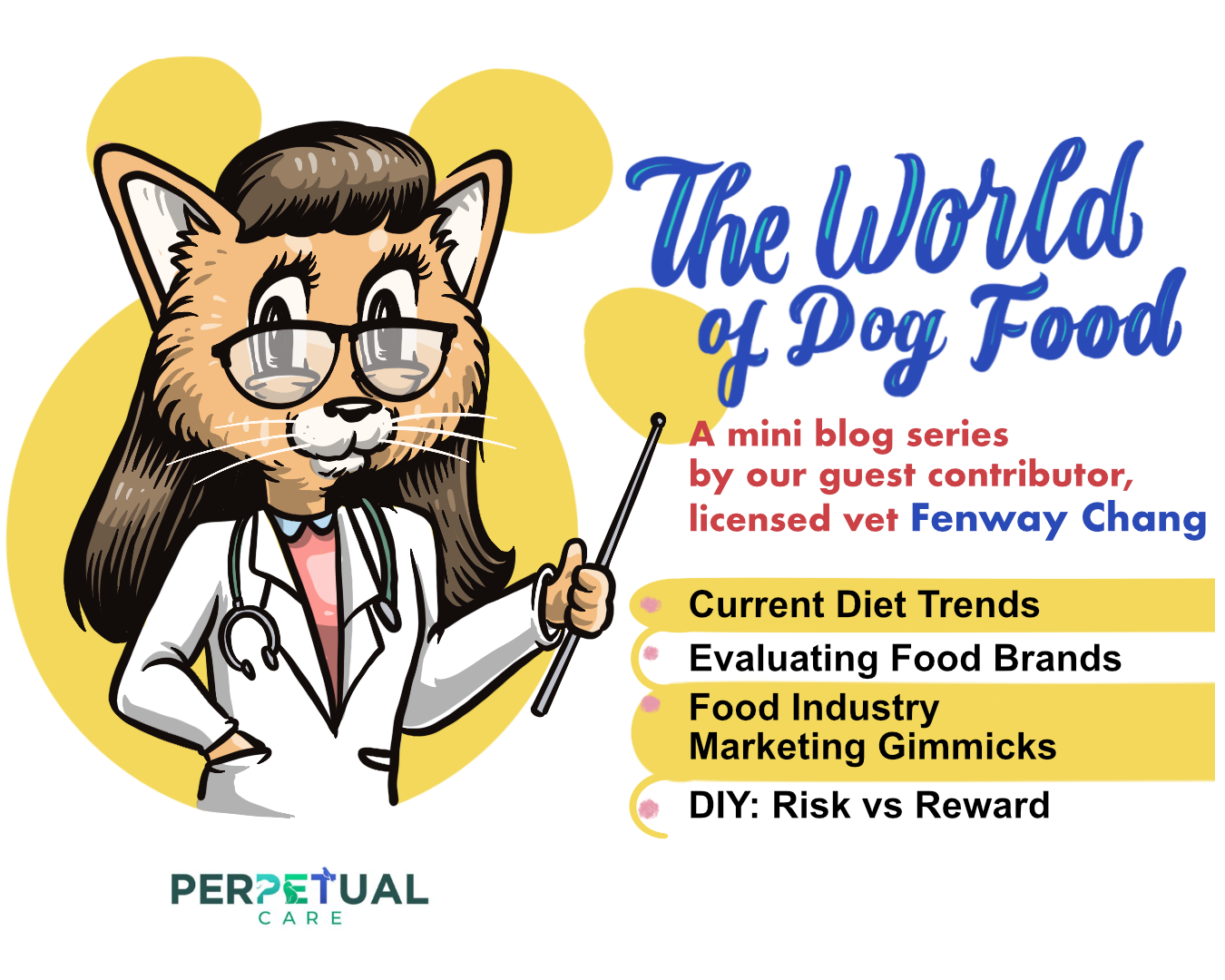Common Marketing Gimmicks
Facts or fancy wording? Ingredients on food labels often do not directly correlate to the actual nutrients. This is because ingredients are listed in order of weight, so those with a higher water content will often be listed first...

Facts or fancy wording?
- Ingredients on food labels often do not directly correlate to the actual nutrients. This is because ingredients are listed in order of weight, so those with a higher water content will often be listed first, but may in fact contribute fewer nutrients to the overall diet.
- Ingredient names and compositions are subject to intentional manipulation by food manufacturers. Some may also add ingredients to diets solely for marketing purposes, such as "green tea" which may sound appealing to the owner but does not bring special nutritional value for the pet. In addition, one should be aware of tricks such as using more acceptable synonyms of questionable or low-grade ingredients.
- Misinformation has been happening in recent years with many pet food companies claiming that "by-products" are harmful or nutritionally inadequate for pets. By-products are simply parts of the animal carcasses that are less desirable to humans (the parts vary by culture). They are nutritionally adequate and often even superior compared to muscle meat (source). Another misconception is cereal grains as a "filler" or causing health problems. Unless your dog is allergic to a specific type of grain (very rare compared to protein allergies, which is itself uncommon), there is no health reason to avoid grains as they are great sources of vitamins, minerals, essential fatty acids, fiber, and energy (source).
- Most food review websites do not design the rating system according to any sort of scientific method and do not have any quality control. Instead, the ratings are made up entirely from buyer opinions, which are very subjective and driven by non-nutritional factors such as price.
- Food labeled “premium”,”super-premium”,” gourmet”,”artisan”,"holistic" are not required to have any different quality ingredients. It is also important to understand that the phrase human grade has no legal meaning in the pet food industry, and manufacturers' claims of human grade ingredients should not be misinterpreted (source). We all yearn for that magical diet that will fix all our problems and prevent new ones, however, if it sounds too good to be true, it probably is!
Boutique / Exotic / Grain-free (BEG) diets
BEG foods typically include non-conventional ingredients like kangaroo, buffalo, salmon, duck, lamb, bison, venison, insects, lentils, peas, fava beans, tapioca, barley or chickpeas as major ingredients. These ingredients may even be the sole nutrients when it comes to vegan diets. Oftentimes, they are marketed as high in protein and low in carbohydrates, which food companies claim to have health benefits that have not been proven by scientific studies.
You can find additional tips on how to avoid falling for marketing gimmicks on this handout.





